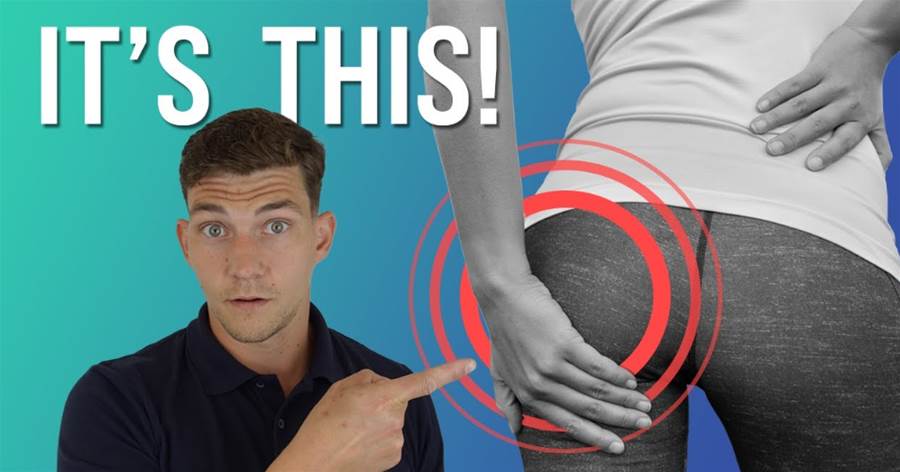
Back pain is one of those ubiquitous ailments that seems to catch up with everyone sooner or later.
And while a weak core is often blamed, many people are surprised to learn that the root cause might lie elsewhere entirely. Let’s dive into the lesser-known culprits behind back pain and explore some surprising factors that could be affecting your spine more than a lack of crunches.
Stress doesn’t just weigh on your mind; it also takes a toll on your body. When stressed, the body’s muscles can tense up, often leading to poor posture and awkward movements that contribute to back pain.
Chronic stress can actually alter your breathing patterns, causing you to breathe from your chest instead of your diaphragm. Over time, this altered breathing can create imbalances that impact your lower back muscles, leading to pain and discomfort.
A good night’s sleep is essential for recovery, but poor sleep can be a sneaky contributor to back pain. Sleep deprivation affects the body’s ability to repair itself, which means minor strains or issues can become more pronounced.
Furthermore, bad sleep habits or an uncomfortable mattress can cause you to twist and turn, straining your back muscles even further.
Spending hours on end sitting at a desk might feel like you’re saving your back, but it’s actually the opposite. Extended periods of inactivity can lead to stiffness and weakened muscles, which support your spine. Movement variability is crucial to prevent your muscles and joints from becoming overly accustomed to one static position.
When you sit still too long, your body’s fascia and soft tissues can lose elasticity, further increasing the risk of pain when you finally get up and move around.
Chronic inflammation is linked to a variety of health issues, but it can also be a significant factor in back pain. Inflammation can cause your joints and muscles to become stiff, painful, and less responsive to movement. It’s often tied to diet, lifestyle choices, and even underlying health conditions.
Those with poor gut health, for example, are more likely to experience inflammation that extends to the back, as issues in the digestive system can affect the muscles and nerves in the abdominal area.
Often, the cause of back pain can be as simple as an old injury that never quite healed properly. Movement compensations—such as walking differently because of a twisted ankle—can place uneven stress on your body. Over time, these compensations alter how your body distributes weight and force, ultimately leading to back pain.
This is especially true if your muscles and joints are chronically out of alignment due to poor biomechanics.
As we age, the structures in our back naturally begin to wear down. Osteoarthritis and degenerative disc disease are common as we grow older and can cause chronic back pain. These conditions involve the wearing down of cartilage between the vertebrae, which leads to stiffness, inflammation, and discomfort. This type of pain is persistent and typically worsens over time if left untreated.
Combating back pain is not always about doing more core workouts. In many cases, it’s essential to address lifestyle factors, such as incorporating regular movement throughout the day, practicing stress management techniques, and ensuring you get adequate sleep. Focusing on posture, using supportive furniture, and avoiding prolonged periods of inactivity can also make a significant difference. For those dealing with chronic conditions, a visit to a healthcare provider can help tailor treatments like physical therapy, medications, and other interventions that specifically address the underlying cause.
Have you experienced back pain that wasn’t linked to a weak core? Share your thoughts and experiences! The more we discuss, the better we can understand and tackle this widespread issue.



















